
Business as usual. But different. That was the sentiment at this year’s St. Petersburg International Economic Forum, which took place from June 14th-17th, one year after Russia launched its “special military operation” in Ukraine.
With aptly named panels such as “Investing in the New Reality” and “Updating Russia’s Long-Term Industrial Policy for the New Reality”, the forum was a display of Russia’s pivot to Asia, Southeast Asia and the Middle East. In turn, it was a platform for countries from those regions to showcase their ambitions, eager to fill the gap created by the exit of western companies.
Trade
According to statistics from Roscongress, 18% of US subsidiaries in Russia and 8.3% of European ones have wound down operations in the country. At SPIEF, this was presented as an advantage for Russian entrepreneurs, who can now purchase those subsidiaries below the market price, and as an opportunity to enhance the country’s “sovereignty,” a term that Russia frequently invokes to engage countries who “like Russia, value their national interests and are ready to determine their own future,” as Vladimir Putin stated during his address at the Plenary session.
Russia’s top trading partners for 2022 were China and Turkey. Sino-Russian trade turnover amounted to $190 billion, with Russia receiving $450 million from Chinese investment during the first eight months of the year. With Turkey, trade grew to $60.72 billion, an 84%-increase compared to 2021.
Advanced levels of cooperation can also be observed with the United Arab Emirates (UAE), which was honored as this year’s ‘guest country’ at the forum. Trade turnover with the UAE grew by 68% in 2022 relative to 2021. Around 700 Russian companies, from popular clothing retailers like Lichi, to Michelin restaurant alliances, like White Rabbit Family, have entered the UAE market.
It is no coincidence that Russians increasingly half-jokingly refer to the UAE’s most glamorous city as “Dubaisk.”
Impact of sanctions
While Russia tries to stay active at the forum and sell its vision for a multipolar world order with ‘de-dollarized’ transactions, and ‘sovereign’ technology, the EU is preparing to hit Russia with an 11th package of sanctions. The impact of sanctions has been mixed. The ruble is at a low, and while there are positive GDP growth forecasts, this could be offset by other challenges.
The topic of western sanctions was not one that was separately discussed at the forum, but one that was taken as a given, underpinning all conversations, and was colored as an opportunity to achieve Russia’s long-hoped for vision of a multipolar world instead of as a restriction.
With a long history of isolation during the USSR era and sanctions after the events in Crimea in 2014, Russia seems to have gotten accustomed to western restrictions, which it now sees as something to be expected and has hopes to grow its economy despite them. It remains to be seen if Russia’s optimism will outlive western sanctions.
Latest News

IMF: US Tariffs Shake Global Economy, Outlook Downbeat
IMF slashes global growth forecast to 2.8% as U.S. tariffs create uncertainty and ‘negative supply shock

First Step Towards New Audiovisual Industry Hub in Drama
The project is set to contribute to the further development of Greece’s film industry and establish Drama as an audiovisual hub in the region

Airbnb Greece – Initial CoS Ruling Deems Tax Circular Unlawful
The case reached the Council of State following annulment applications filed by the Panhellenic Federation of Property Owners (POMIDA)

Mitsotakis Unveils €1 Billion Plan for Housing, Pensioners, Public investments
Greek Prime Minister Kyriakos Mitsotakis has announced a new set of economic support measures, worth 1 billion euros, aiming to provide financial relief to citizens.

Alter Ego Ventures Invests in Pioneering Gaming Company ‘Couch Heroes’
Alter Ego Ventures' participation in the share capital of Couch Heroes marks yet another investment by the Alter Ego Media Group in innovative companies with a focus on technology.

Corruption Still Plagues Greece’s Driving Tests
While traffic accidents continue to claim lives on Greek roads daily, irregularities and under-the-table dealings in the training and testing of new drivers remain disturbingly widespread

Pope Francis Died of Stroke and Heart Failure Vatican Confirms
As news of the official cause of death spread, tributes poured in from across the globe. The 1.4 billion-member Catholic Church is united in grief, remembering a pope who championed inclusion, justice, and compassion

Increase in Both Museum Visits, Revenues for 2024
As expected, the Acropolis was the top archeological site in the country, followed by Sounion, Mycenae, the ancient theater of Epidaurus, and Vergina in northern Greece

Where Greece’s Tourists Come From: A Look at 2025’s Top Visitor Markets
The United Kingdom continues to hold the top spot as the largest source of incoming tourism, with 5.6 million seats booked for Greece this summer — up 2.2% from last year. This accounts for 20% of all international air traffic to Greece

Pope Francis: A Pontiff Who Reshaped the Papacy and Sparked a Global Conversation
His first words from the balcony of St. Peter’s Basilica—“Brothers and sisters, good evening”—set the tone for a pontificate that would challenge norms, favor mercy over dogma, and bring the papacy closer to the people.












![Πλημμύρες: Σημειώθηκαν σε επίπεδα ρεκόρ στην Ευρώπη το 2024 [γράφημα]](https://www.ot.gr/wp-content/uploads/2025/04/FLOOD_HUNGRY-90x90.jpg)



![Ξενοδοχεία: Μεγάλο το ενδιαφέρον για επενδύσεις στην Ελλάδα – Η θέση της Αθήνας [γραφήματα]](https://www.ot.gr/wp-content/uploads/2025/03/Athens-hotels-90x90.jpg)








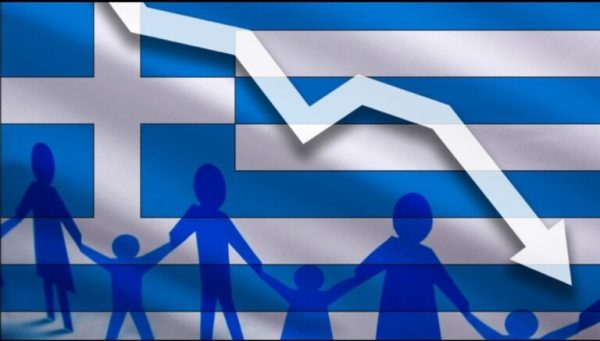
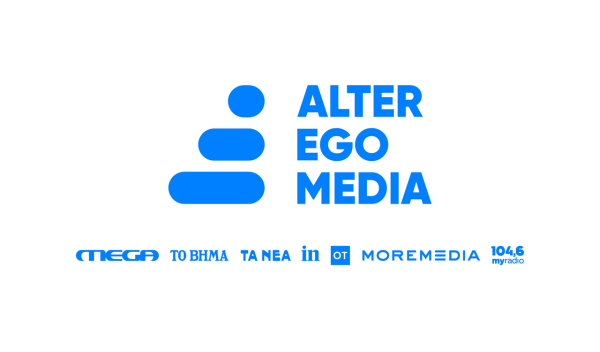

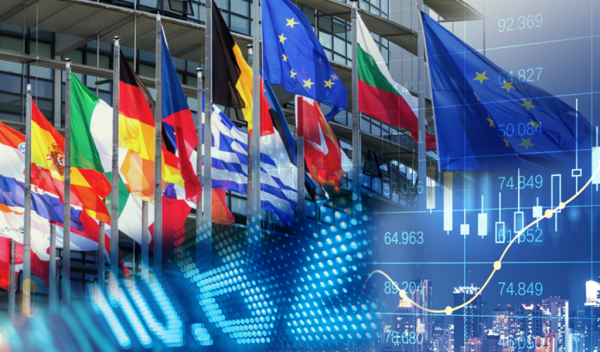
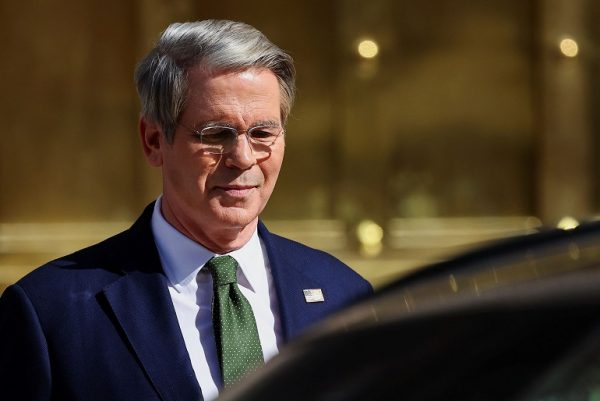
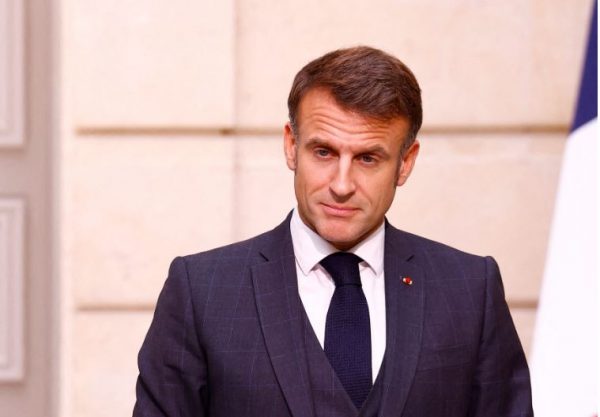




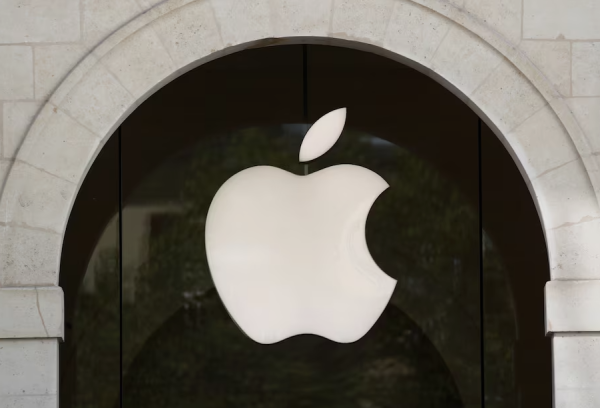





 Αριθμός Πιστοποίησης
Αριθμός Πιστοποίησης